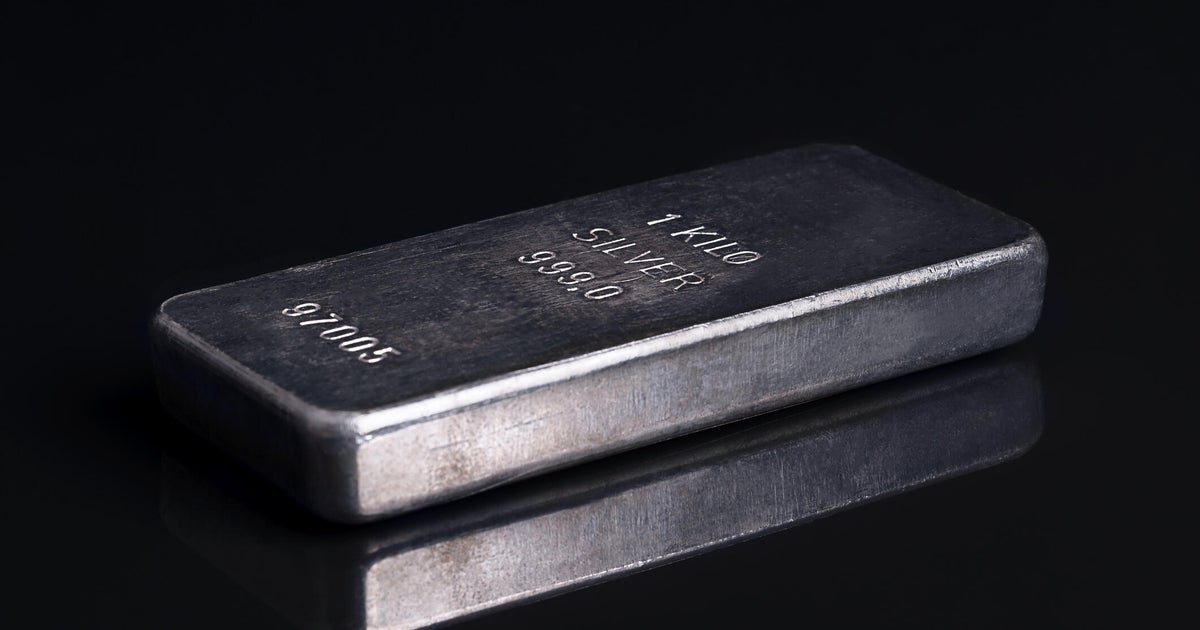Gold's price is high. Is it still safe to invest in?
Gold's price has made a spectacular run for the top over the past several months against a backdrop of high demand led by unwavering inflation. According to American Hartford Gold, the commodity was trading at $1,821.35 per ounce on October 5, 2023. Fast forward just over six months later and today, gold's price is $2,327.05 per ounce - over 27% higher.
With price growth that significant, and considering gold's current price above $2,300, you may want to buy your share of the commodity quickly. After all, if this growth continues, the cost of adding the yellow metal to your portfolio could become cost prohibitive.
Then again, you may be wondering if doing so is safe right now. Though gold has long been thought of as a safe haven asset, it's easy to question whether or not buying gold at today's high price is a safe move.
Compare your gold investment options today.
Gold's price is high. Is it still safe to invest in?
There is no questioning the fact that gold has seen a monumental rise in value as of late. But is it safe? Here's why it still is:
Inflation is still running hot
Inflation has played a meaningful role in gold's recent price growth. With each report that shows inflation rates ahead of the Federal Reserve's 2% target, demand for gold tends to rise as investors look for ways to maintain the value of their portfolios. And that's for good reason: gold is a powerful inflation hedge.
That's important to remember as inflation has yet to cool. Most recently, March's inflation report showed that prices had grown an average of 3.5% year-over-year. That report followed February's 3.2% inflation rate and January's 3.1% inflation rate.
Should inflation continue to run hot ahead, demand for gold may follow, leading to further price growth. This makes it a safer bet than some other assets whose future price growth looks less certain.
Use gold to hedge against inflation now.
Gold still has diversification value
It's also worth noting that even though gold's price has risen, it can still play an important role as a diversification tool in your investment portfolio. That's because gold doesn't usually move in the same direction as other, more common portfolio assets. So, if the stock market turns bearish for any reason, resulting in losses in your stock and bond holdings, gold could help balance your portfolio out with potential gains.
Sure, the stock market seems to be on a bullish path at the moment, but there's no telling when that might change. So, having a safe allocation to gold (up to 10% of your portfolio assets) could protect your portfolio from unforeseen market dips and corrections.
Gold can be viewed as an alternative currency
It may be wise to hedge your currency bets with gold. After all, gold was used as currency in several countries before paper money was even invented, according to the World Gold Council.
"Buying gold is less about investing, and more about asset allocation," explains Vijay Marolia, money manager and managing partner at the wealth management firm, Regal Point Capital. "That's because the best way to think about gold is not as an investment, but rather, as money, in and of itself."
Therefore, he suggests that when you think about adding gold to your portfolio, you ask yourself, "what is my currency exposure?" If the answer is, "none," it may be wise to add gold to your portfolio.
The bottom line
Gold still represents a safe investment, even though it has made a tremendous run in value as of late. Not only is gold a strong hedge against the persistent inflation we've seen thus far in 2024, it's a compelling way to protect your portfolio from any unexpected market declines. Moreover, gold is often used as a currency, making it a strong choice for your portfolio's currency allocation. Add gold to your portfolio to take advantage of these benefits now.






